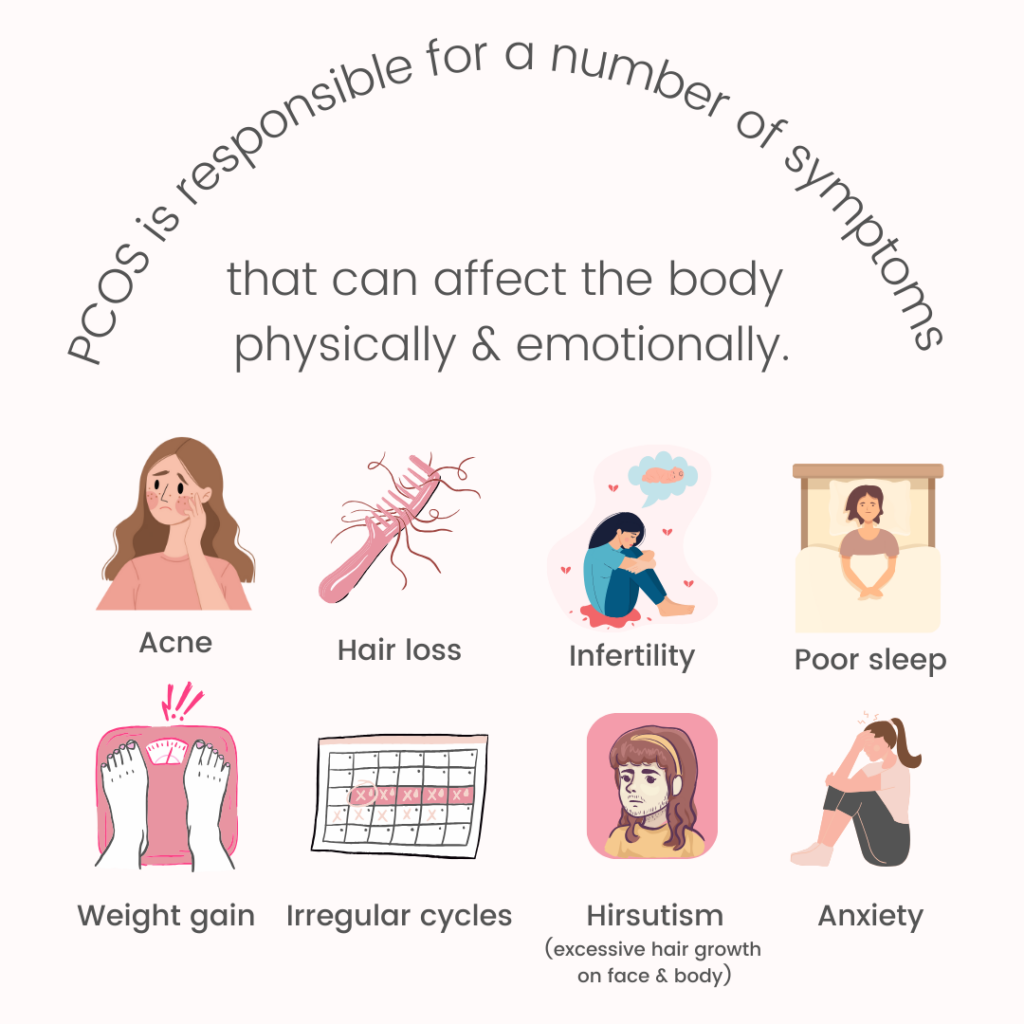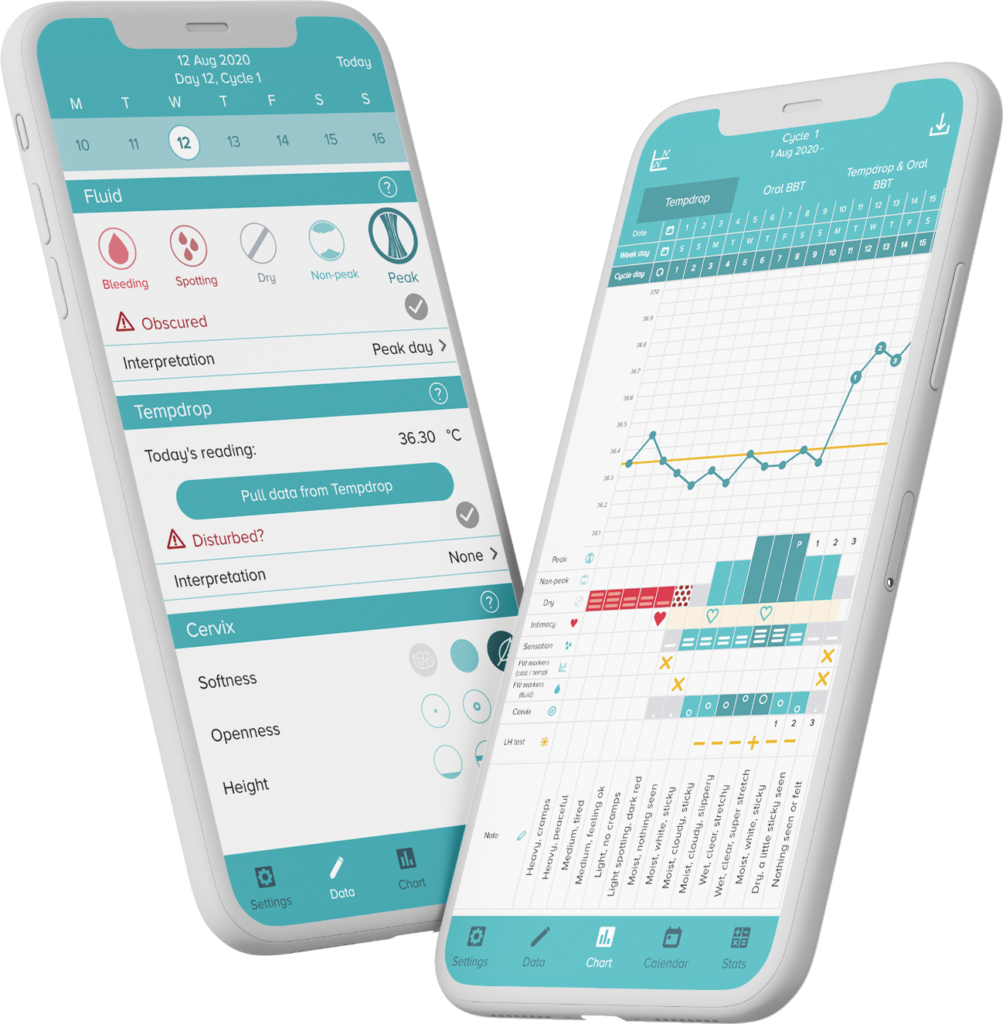September shines a spotlight on PCOS Awareness Month—a dedicated time to amplify awareness about Polycystic Ovary Syndrome, a condition that significantly impacts many women during their reproductive years. PCOS is a multifaceted hormonal disorder that often hides in the shadows of undiagnosed conditions, leaving many women unaware of its profound effects on their health and fertility. In this blog, we’ll delve into the crucial facts surrounding PCOS, its prevalence, and why seeking specialised care is pivotal for women affected by it.
The Prevalence of PCOS in Australia
In Australia, PCOS casts a wide net, affecting between 8 to 13% of women during their reproductive years. Despite its prevalence, PCOS often remains hidden in the shadows of undiagnosed conditions, with up to 70% of affected women unaware of their condition.
The Complexity of PCOS
Polycystic Ovary Syndrome is a multifaceted hormonal condition that can manifest in various ways. It can affect the menstrual cycle, hormone levels, and even metabolism. While the exact causes of PCOS are still being explored, genetics and environmental factors are believed to play significant roles in its development.
Common Symptoms of PCOS

A Leading Cause of Women’s Infertility
For many women dreaming of starting or expanding their families, PCOS presents a formidable challenge. It is one of the leading causes of female infertility, impacting the ability to conceive naturally. Understanding the link between PCOS and infertility is vital for women planning to build their families.
The Importance of Specialized Women’s Health Care
If you suspect you may have PCOS, seeking the support of an experienced healthcare professional who specialises in women’s health is essential. PCOS is not always well-understood by generalist practitioners due to its complexity. An experienced specialist can provide an accurate diagnosis and tailored treatment options to manage the condition effectively.
How charting your cycles can help diagnose and manage PCOS
Many women chart their cycles with PCOS (I’m one of them), and charting your menstrual cycles becomes a powerful tool for identifying PCOS. When charting your cycles, here are 5 common similarities women with PCOS often share.
- Long cycles (more than 36 days)
- Delayed ovulation
- Long patches of cervical mucus
- Short luteal phases
- Difficulties identifying positive ovulation tests/LH tests
During PCOS Awareness Month, let’s cast a bright light on this often-overlooked women’s health condition. With its far-reaching impact on reproductive health and overall well-being, PCOS deserves our unwavering attention and understanding.
If you suspect you have PCOS or would like to learn how you can monitor your signs and symptoms with cycle charting, click here to secure a free 30-minute consultation.



